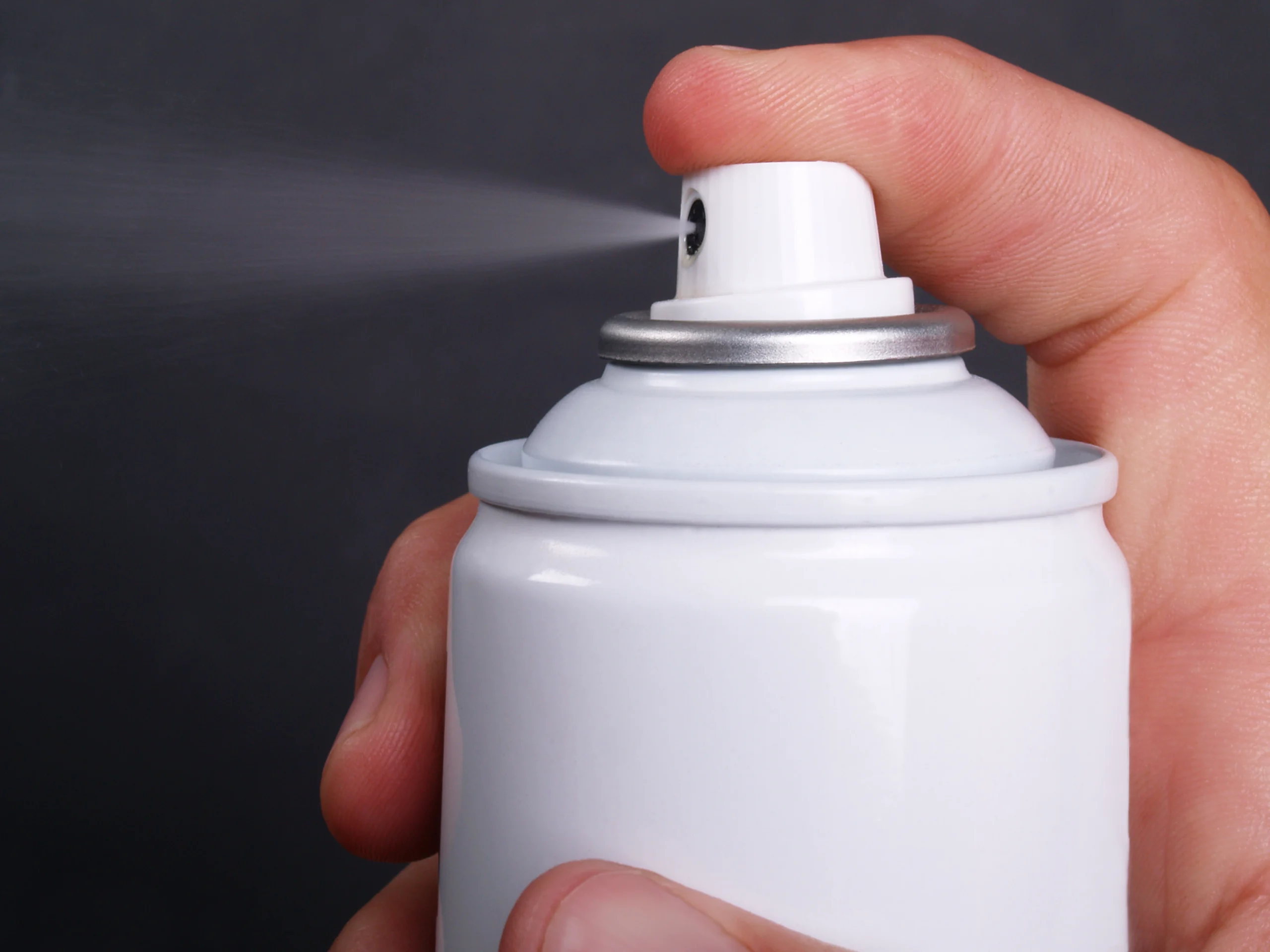A Parent’s Guide to College Alcoholism

Sending your child to college is a bittersweet moment. You’re so proud of and excited for your freshman student and the new adventures that lie ahead. But like any good parent, you also worry about the choices they will have to make. You hope you’ve done well teaching responsibility. However, peer pressure in college is very strong, especially as they form new social groups. This combination makes the chances of your child participating in heavy partying very high. Learn what you need to know about college alcoholism, so you can protect your child.
The Party Culture
From the most prestigious university to the local community campus, you’ll find some tradition of drinking at both. The expectation to drink exists from day one, and the activities are dangerously risky. For many who decide to pledge a fraternity or sorority, excess drinking is a common initiation tactic. Students want to fit in and experience this new life of freedom.
Having conversations with your young adult can help prepare them to say no or recognize their own signs of alcohol abuse. Without knowledge and awareness students can take things too far and develop an alcohol use disorder. Additional factors, such as family history and mental health, also play a role which is why it is important to have an open dialogue.
Warning Signs of Alcohol Abuse
If you are worried that your child may be pushing the envelope when it comes to alcohol it’s important to be on the lookout for red flags. When your child comes home during breaks or for the summer, look for evidence of college alcoholism. Warning signs include:
- Spending a lot of time drinking socially or in isolation
- Frequently drinking until intoxicated
- Experiencing withdrawal symptoms
- Forsaking obligations and interests
- Exhibiting mood swings, defensiveness, or relationship issues
- Earning low grades and performing poorly in other areas
Pay attention to how many drinks your child consumes in a given time and the types of drinks (alcohol content level). This data can also point to a disorder and will be helpful if you need to seek outside counsel.
Preventive Measures
If your child’s problem is mild, education may be enough to encourage change. Keep an open dialogue with your child, being straightforward without showing judgment. Make sure your son or daughter knows you are acting out of love and concern for safety. Review the dangerous effects of alcohol abuse on all areas of life.
- Physical Health: Too much alcohol can lead to liver disease and other organ damage, life-threatening reactions with medication, greater risk of cancer, and a weaker immune system. Binge drinking can result in immediate fatality.
- Mental Health: Alcohol can worsen existing psychiatric disorders as well as trigger dormant ones. Those with both mental illness and substance use disorders have higher rates of attempting or committing suicide.
- Safety: Sexual assault, abuse, other violent crimes, unprotected sex, and injuries are likelier to happen when under the influence.
- Behavior: Intoxication also can cause criminal behavior, such as sexual assault, drunk driving, domestic violence, and vandalism, leading to possible jail time.
- Education: Partying can lengthen the duration of college due to poor grades, which also means more student loans.
All these consequences affect the ability to secure employment, enjoy healthy relationships, and achieve other life goals. Help your child see the bigger picture and establish a plan to avoid these repercussions. Show an example of responsible drinking, as well.
Treatment Options
For help in this important task, turn to High Focus Centers PA. If your child needs treatment for college alcoholism, our compassionate, customized outpatient programs can help your child recover and transition to mature adulthood.








